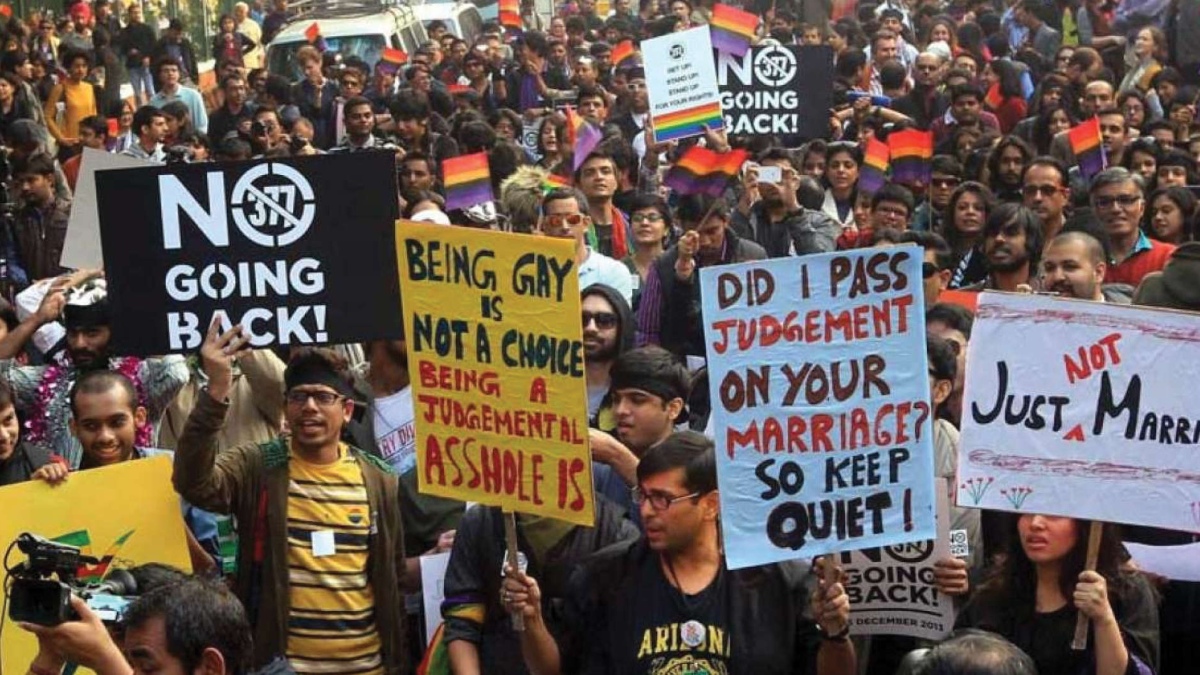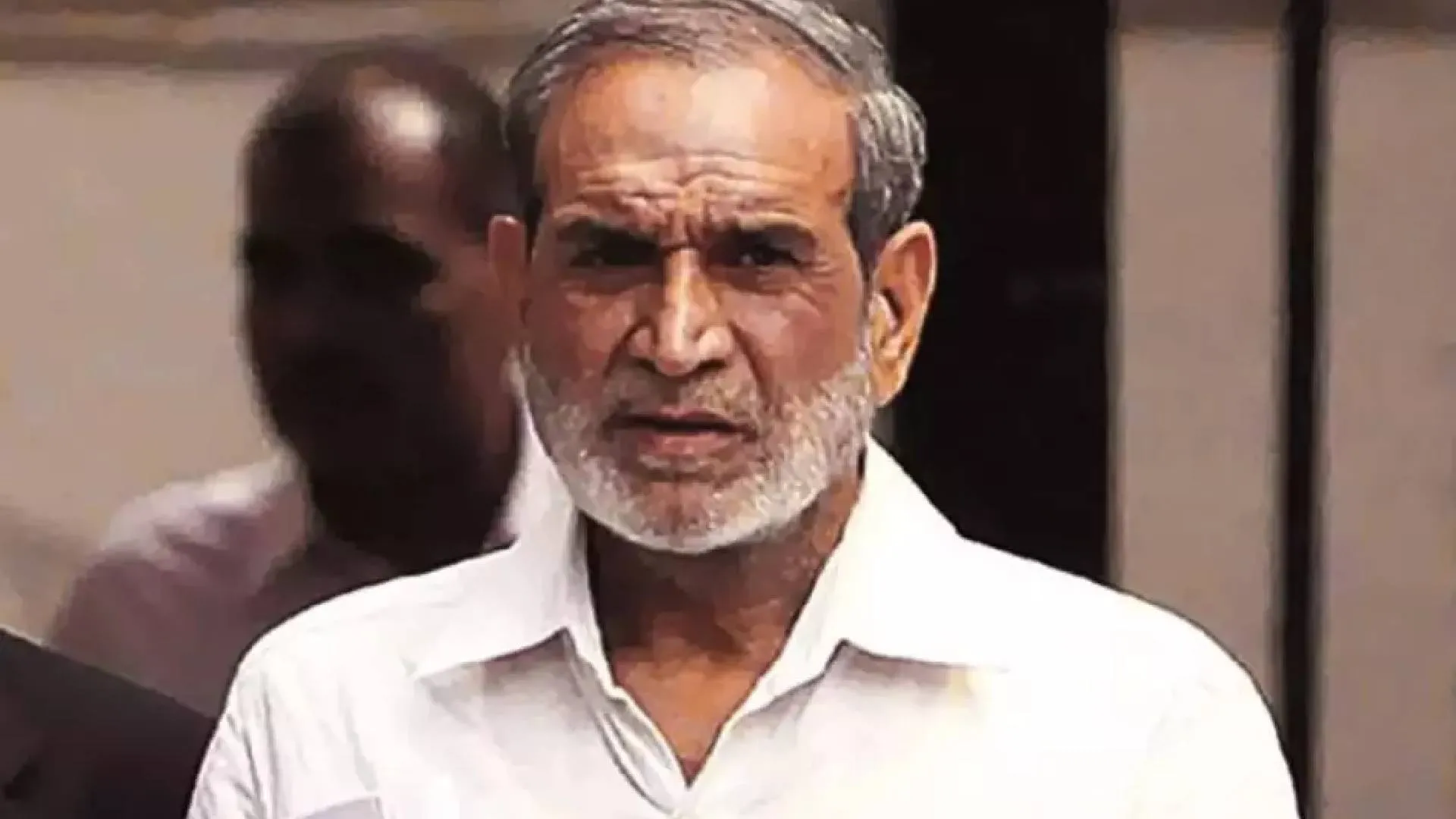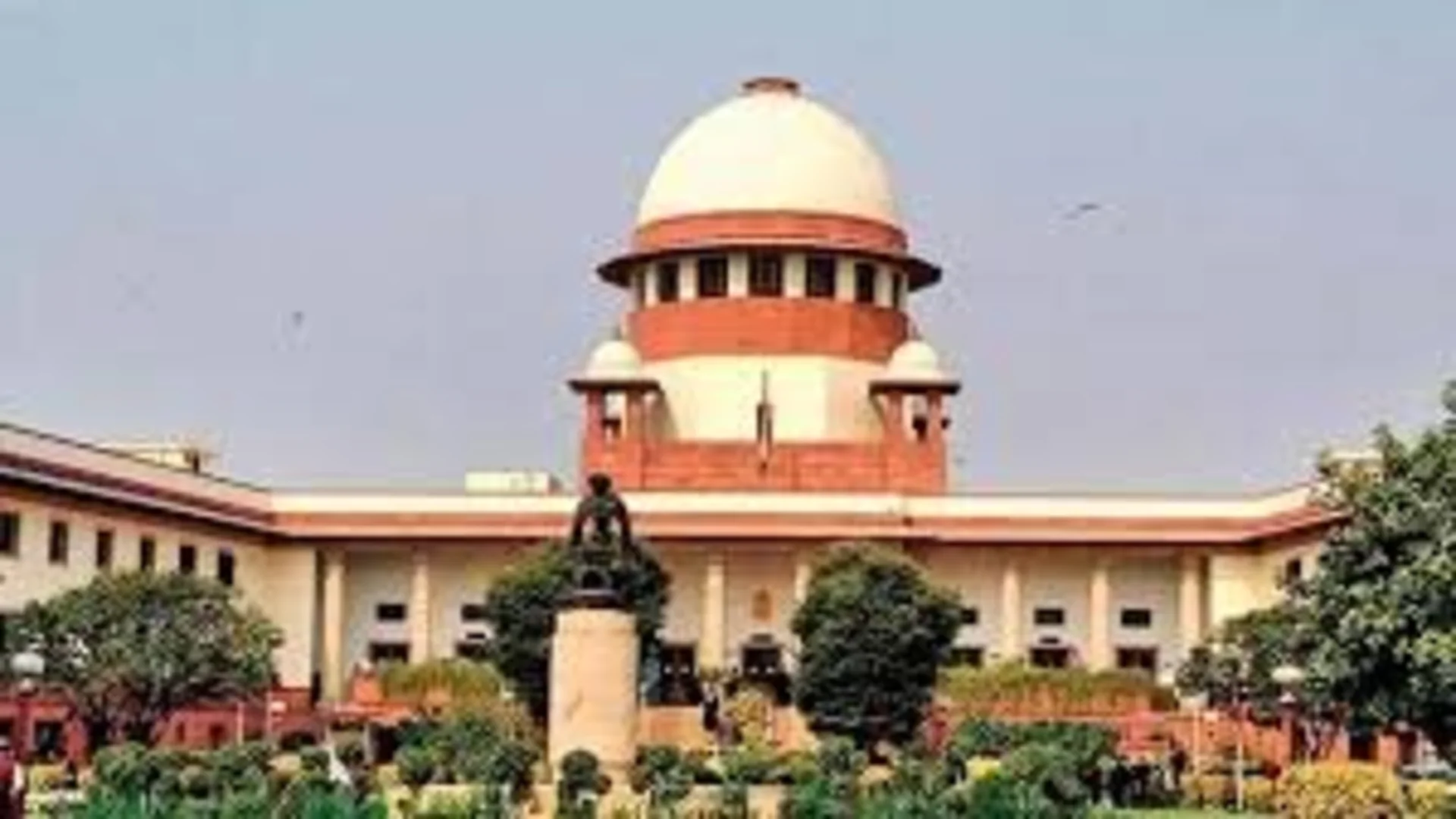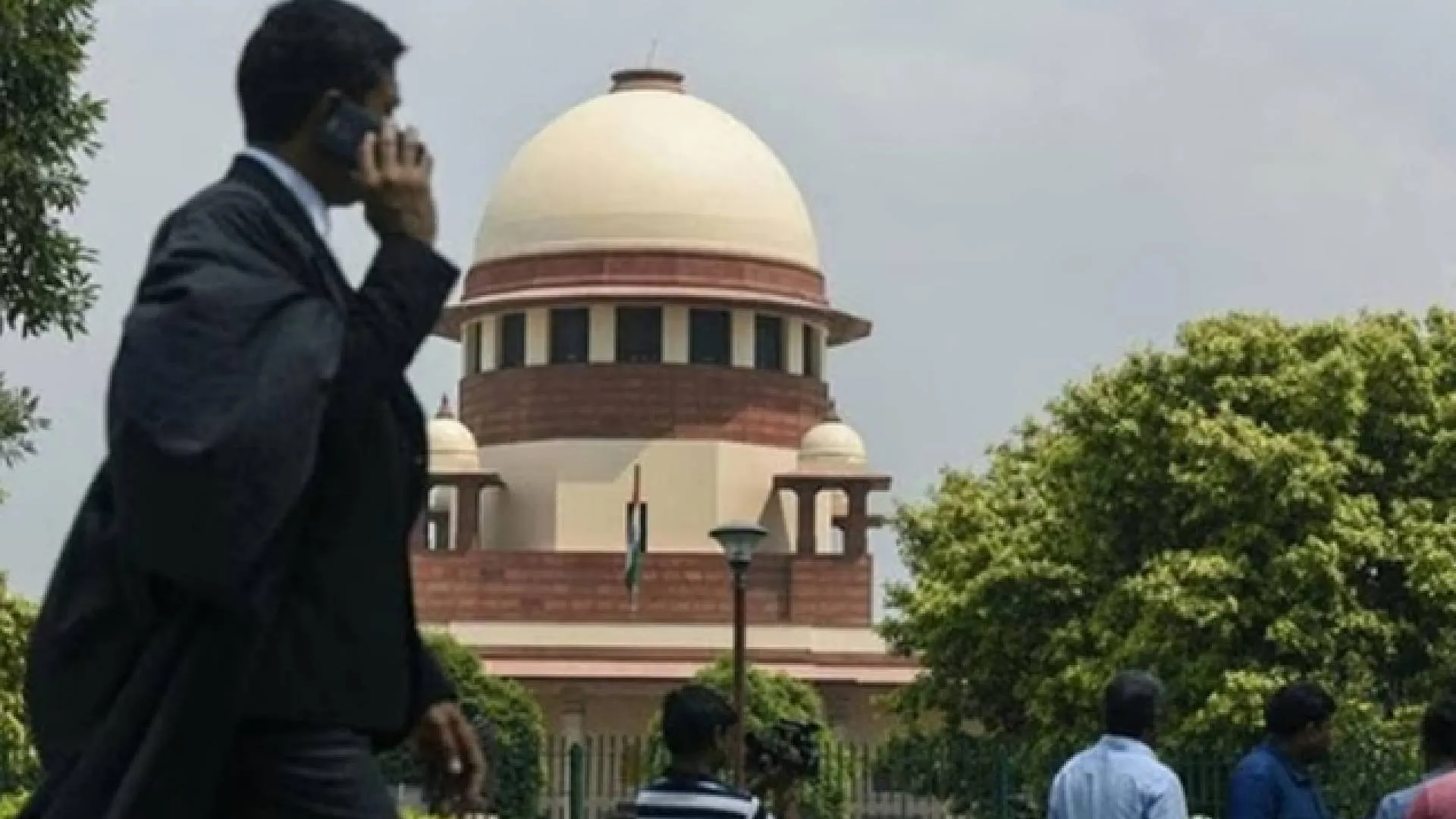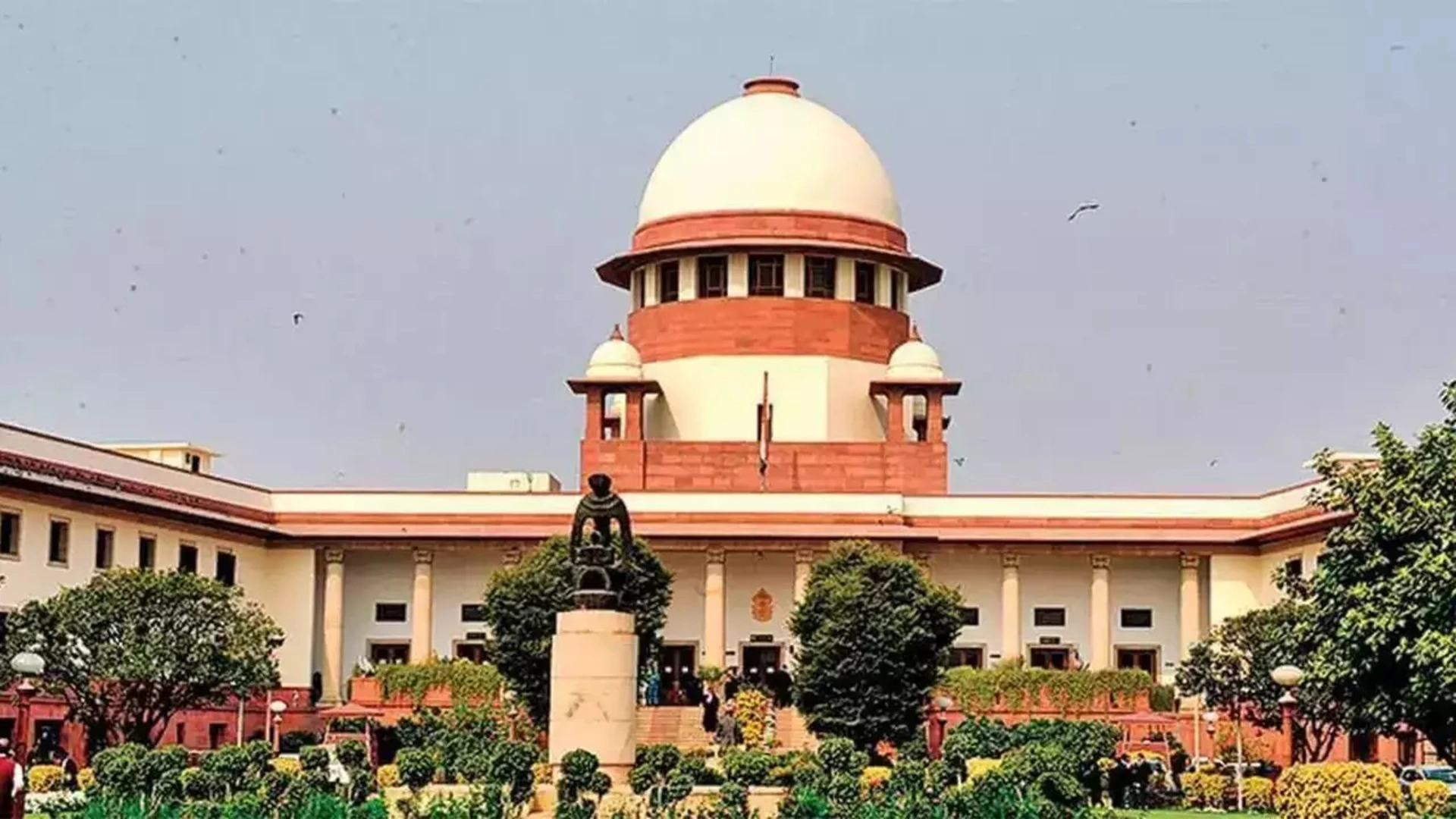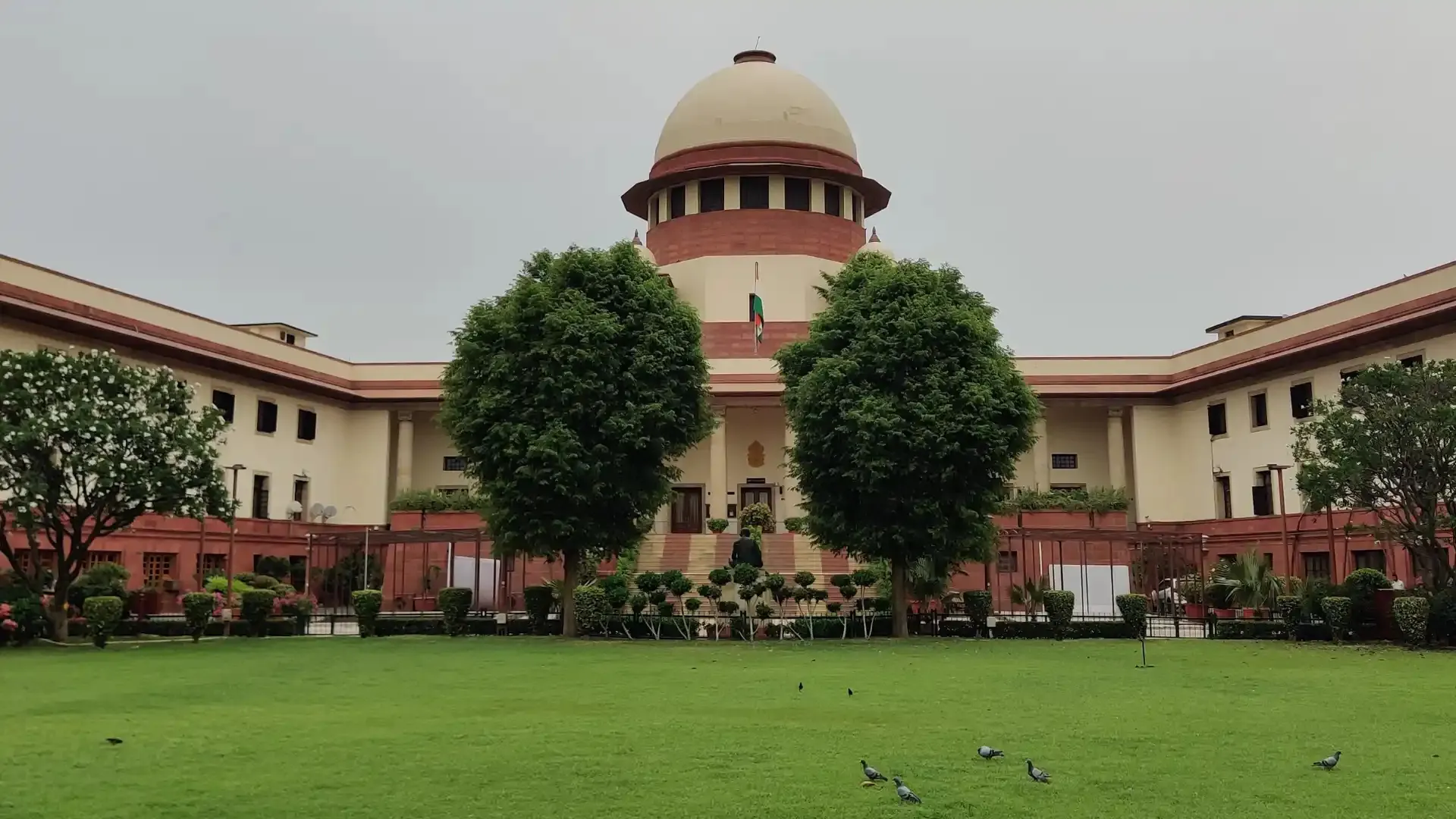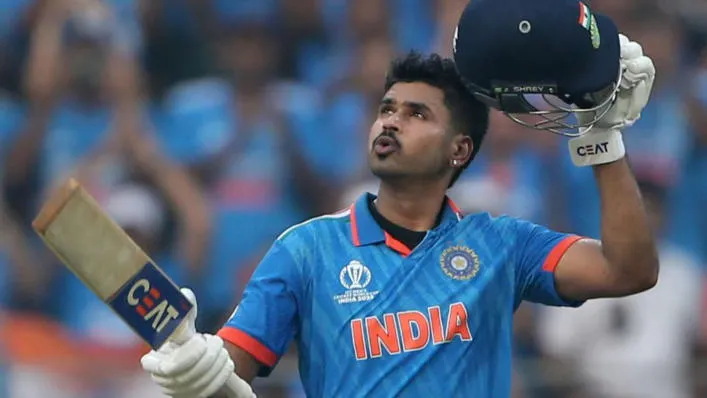INTRODUCTION
Every year, the month of June marks the Pride month dedicated to the LGBTQ+ community and their right to live a dignified life. It is not only about honouring them but also ensuring that they are given social as well as legal protection and are not being the targets of discrimination and injustice.
The landmark judgment on decriminalizing homosexuality that has been enunciated by the Supreme Court is considered a crucial step towards safeguarding the rights of the community. However, many reforms are required for them to be able to live a dignified life and address their grave issues.
One of the cruelest injustices faced by the LGBTQ+ community is the practice of conversion therapy – a pseudoscientific practice aimed at changing individual’s sexual orientation and converting them from homosexual beings into bisexual or heterosexual by using violent and traumatic methods. These methods include spiritual intervention through certain religious groups, hormonal treatments and electroconvulsive treatments. This exposes the extremely harmful practice of conversion therapy being practised in India which is condemned worldwide by mental health institutions as it lacks scientific evidence and basis.
CONVERSION THERAPY: A LEGAL PERSPECTIVE
Recently, on June 7, The Madras High Court explicitly called for a nationwide ban on conversion therapy in the case of S. Sushma v. Commissioner of Police. The judgement again questioned the inhumane and unethical practice that has been followed in India for decades. Before this, Anjana’s case created huge indignation in the Indian Media when she committed suicide after being forced into conversion therapy by her parents for months. Though the medical community denounced the practice as unethical, still it has been observed that this dangerous practice is still being practised in India even after the decriminalization of homosexuality in the landmark case of Navtej Singh Johar.
Currently, India does not have any law that explicitly prohibits the practice of conversion therapy. Legislations such as Mental Health Care Act, 2017 does not provide adequate protection against conversion therapy. Although Section 2(i) of the aforementioned legislation specifically states that no medical treatment can be done without the consent of the patient, there are high probabilities that the victims may give their consent to the medical professionals because of a misplaced belief they have internalised concerning their abnormalities. Therefore, at present, India does not have any law banning conversion therapy, allowing medical practitioners to continue this life-threatening practice.
Practising such therapies attract civil liability but civil liabilities only recognise monetary compensation that is not sufficient to eliminate this practice. In the case of Laxman Balkrishna Joshi, the Apex Court of the country held that conversion therapies can attract civil liability under medical negligence as doctors must decide whether they should take up a case or refuse to take it up. This gives rise to the need for attributing criminal liability and forming a specific criminal statute addressing the matters of conversion therapy.
CONCLUDING REMARKS
India’s steps towards treating granting equal status to the LGBT community, safeguarding their rights and accepting them in society are highly commendable but such instances of practising conversion therapy are condemned, as it not only magnifies the stigma attached to homosexuality but also compounds their perception of discrimination and forceful application of such therapies are against the principles of natural justice. It is high time that this practice is criminalised.
Although Mental Health Care Act can be used to grant limited protections to the LGBTQ+ community but to eliminate this atrocious practise completely, the need for a separate law becomes highly important to address the issue. The enactment of stringent laws will create a positive right favouring the community and give equal opportunities to lead a dignified life.

